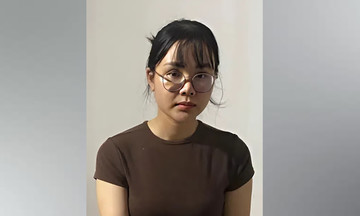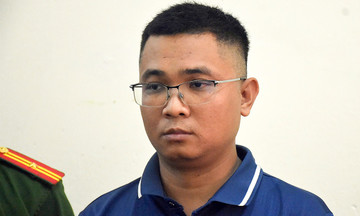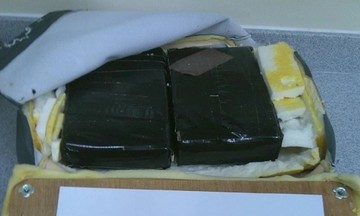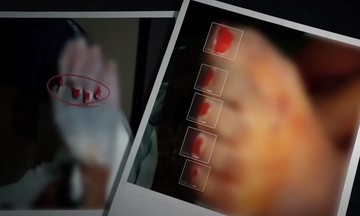On 10/9, more than six decades after being convicted for defending herself against a rapist, 78-year-old Choi Mal-ja was exonerated. The Busan District Court ruled that Choi acted in self-defense and was not guilty.
Choi and women's rights supporters cheered and celebrated upon hearing the court's retrial verdict.
Outside the courthouse, Choi received flowers from supporters and smiled. In a trembling voice, she declared, "Choi Mal-ja is innocent". Her supporters echoed, "Choi Mal-ja did it".
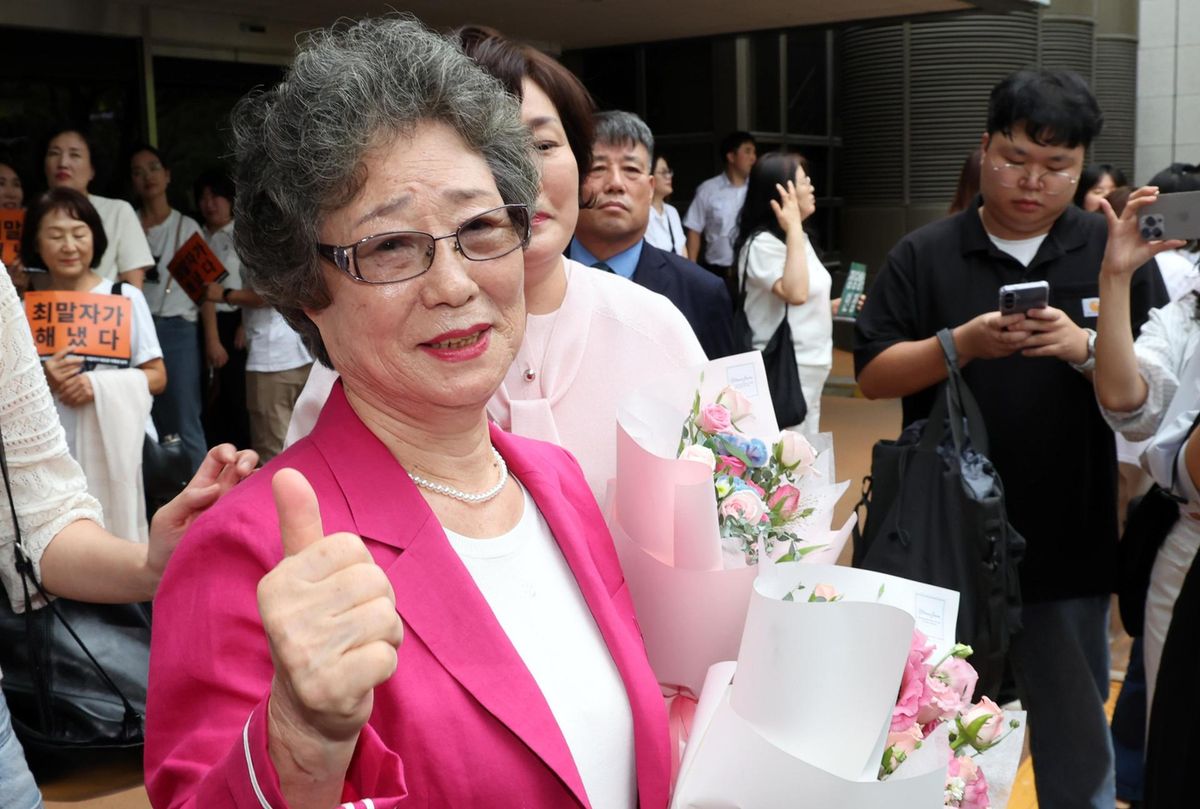 |
Choi Mal-ja leaves the Busan District Court to public acclaim after her acquittal. *Photo: Korea Times* |
The incident occurred on 6/5/1964. The then 18-year-old Choi was attacked and sexually assaulted by a 21-year-old man in Gimhae, South Gyeongsang Province. He pinned her down and kissed her. In a desperate attempt to escape, she bit off 1.5 cm of his tongue and fled.
However, during the subsequent investigation, she found herself treated not as a victim but as a criminal suspect.
Initially, the police considered her self-defense argument valid. However, prosecutors later dropped the attempted rape charge against the attacker and charged Choi with grievous bodily harm.
She was sentenced to 10 months in prison, while her attacker, charged with assault and threats, received a suspended 6-month sentence. He was never charged with rape.
For the next 61 years, she lived with the stigma of a criminal record, under the shadow of unresolved trauma.
Choi's quest for justice was reignited by the global #MeToo movement. With the support of women's organizations, she filed for a retrial in 2020.
Although initially rejected by a lower court, the Supreme Court ordered a review in 2023, acknowledging that unlawful methods had been used during the initial investigation.
Prosecutors publicly apologized during the appeal, admitting systemic errors and acknowledging the pain caused by the state.
"The role of the prosecution is not only to protect victims from the crime itself, but also to protect them from social prejudice and secondary victimization," the prosecution stated.
According to the prosecutor, they had failed in that responsibility in Choi's case.
"We caused Choi, who deserved full protection as a victim of sexual violence, immense pain and suffering. We sincerely apologize," said the head of the Busan High Prosecutors' Office, who retained prosecutorial authority at the retrial, offering an apology to Choi, now officially recognized as a victim.
The ruling closed a case that resonated for decades as a symbol of women's struggle for justice in South Korea. The outcome underscores the country's growing recognition of victims' rights and the legitimacy of self-defense in cases of sexual violence, according to South Korean social activists.
The case has been recorded as a "typical case where the right to self-defense was not recognized" in criminal law textbooks and was also brought to court as the "tongue-cutting forced kiss case" in 1995.
In 2003, the case was adapted into the film *Just Because You're a Woman*.
Hai Thu (*Korea Times*)





